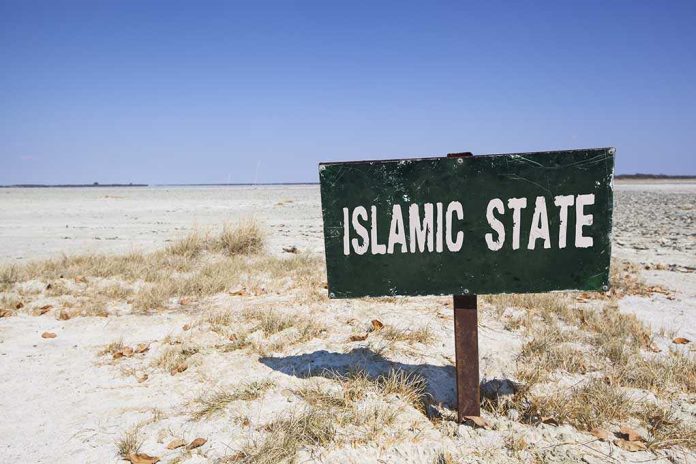
The narrative that Islam is overtaking Christianity in the U.S. is oversimplified, with recent data suggesting a complex and evolving landscape.
Story Summary
- Christianity’s decline in the U.S. is stabilizing at 62%.
- Islam’s growth is primarily due to immigration, not conversion.
- Secularization affects both Christianity and Islam.
- Youth disaffiliation poses challenges to religious growth.
Stabilization of Christianity in the U.S.
Recent studies indicate that the decline of Christianity in the U.S. may have stabilized, with 62% of adults currently identifying as Christians. This stability contrasts with previous decades of steady decline. The Pew Research Center’s data from 2023-2024 highlights a significant plateau in Christian identification, suggesting that fears of an inevitable collapse may be overstated.
Rates of prayer and religious service attendance have also steadied, indicating that while institutional affiliations may be shifting, personal spirituality remains intact. This plateau offers churches a chance to adapt and reposition rather than respond in crisis mode.
Islamic Growth Driven by Immigration
Islam in the U.S. is growing primarily through immigration rather than conversion or high birth rates. Muslims make up 1.1-1.3% of the U.S. population, with first-generation immigrants contributing significantly to this growth. Their higher educational attainment and slightly above-average birth rates aid community expansion, but challenges remain in retaining religious commitment among second-generation Muslims.
Assimilation pressures lead many second-generation Muslims to intermarry, adopt secular norms, and disengage from mosque life. This trend mirrors broader secularization currents affecting all religious traditions in the U.S.
Political and Cultural Implications
The religious composition of political parties has shifted, with a stark divergence between liberals and conservatives. Democrats have seen a rise in religious “nones,” while conservatives remain predominantly Christian. This alignment of religious and political identities intensifies polarization and complicates cross-partisan dialogue.
Islam Is Growing in U.S. While Christianity Fades – The New American https://t.co/EQRZZ4JeHj
— Ray Contreras (@RayCont85487537) October 26, 2025
Despite these challenges, the American religious landscape may be moving towards a new equilibrium, with Christianity as the plurality tradition and a stable, diverse minority of other faiths, including Islam.
Sources:
Will Islam Overtake Christianity as the World’s Largest Religion?
Decline of Christianity in the U.S. Has Slowed, May Have Leveled Off
The Decline of Christianity Has Slowed
How U.S. Muslims Compare with Other Americans Religiously and Demographically




